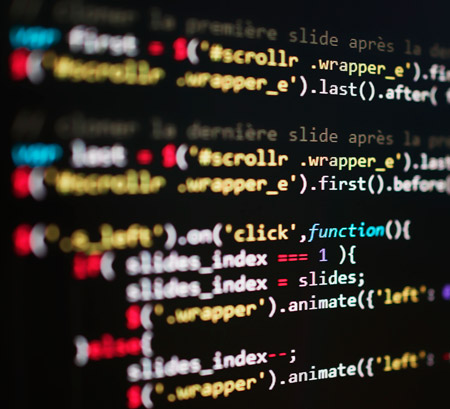
NAACP v. Kohn
What's at Stake
The └¤░─├┼┐¬¢▒¢ß╣¹, the └¤░─├┼┐¬¢▒¢ß╣¹ of South Carolina, and the NAACP have filed a lawsuit on behalf of the South Carolina NAACP challenging the South Carolina Court Administration's categorical ban on automated data collection, known as "scraping," on the Public Index. The South Carolina NAACP seeks to scrape eviction records to identify tenants in proceedings and conduct outreach to provide services to them. The ban on scraping violates South Carolina NAACPÔÇÖs First Amendment right to access and record public court records, impairing South Carolina NAACP's ability to prevent evictions and help people achieve meaningful access to the courts.
Summary
The state of South Carolina is in the midst of a statewide eviction crisis, with Black and women renters being evicted from their homes at disproportionate rates. A study of 1.44 million eviction cases shows Black renters represent nearly 33% of all eviction filings despite comprising only 20% of all adult renters. Black women and their families are also more than twice as likely to face eviction compared to white households.
Evictions result in cascading harms for tenants, their families, and the communities in which they live, leading to homelessness, negative impacts on health, poor educational and employment opportunities, and entrenched poverty.
Responding to the eviction crisis and its consequences for South CarolinaÔÇÖs tenants, the South Carolina NAACP launched a Housing Navigator Program in February 2021, providing free eviction-prevention services, investigating and responding to community-wide patterns of eviction filings, and advocating greater access to fair housing and more just eviction policies, including through Fair Housing Act litigation. The Program relies on an automated data collection technique, known as "scraping," to gather and record publicly-available information on the South Carolina court system's Public Index.
Scraping is widely-employed by researchers, reporters, and watchdog groups to capture and evaluate population-level data on websites that would otherwise be impracticable to thoroughly and quickly gather using manual methods.
The South Carolina Court Administration's blanket ban on scraping violates the First Amendment by unreasonably restricting access to, and use of, public information, and prohibiting recording public information in ways that enable subsequent speech and advocacy, including that of the South Carolina NAACP.
This case was filed in March 2022 in the U.S. District Court for the District of South Carolina, Columbia division.
Legal Documents
-
01/11/2023
NAACP v Kohn: Order Denying Motion to Dismiss -
03/30/2022
Complaint -
07/08/2022
Defendants' Motion to Dismiss -
-
07/08/2022
Exhibit 1 - Affidavit of Joel B. Hilke
NAACP v. KohnLegal DocumentsExhibit 1 - Affidavit of Joel B. HilkeNAACP v. Kohn (D.S.C.), Case No., 3:22-cv-1007-MGLDate Filed: 07/08/2022
Court: District Court (D.S.C.)
-
07/08/2022
-
08/19/2022
Plaintiff's Opposition to Defendants' Motion to Dismiss -
-
08/19/2022
Exhibit 1 - Declaration of Allen Chaney
NAACP v. KohnLegal DocumentsExhibit 1 - Declaration of Allen ChaneyNAACP v. Kohn (D.S.C.), Case No., 3:22-cv-1007-MGLDate Filed: 08/19/2022
Court: District Court (D.S.C.)
-
08/19/2022
Date Filed: 01/11/2023
Court: District Court (D.S.C.)
Date Filed: 03/30/2022
Court: District Court (D.S.C.)
Date Filed: 07/08/2022
Court: District Court (D.S.C.)
Date Filed: 08/19/2022
Court: District Court (D.S.C.)
Press Releases
└¤░─├┼┐¬¢▒¢ß╣¹ and NAACP Secure Access to Public Eviction Records in Data-Scraping Case
Federal Judge Rules That a Ban on Automated Data Collection Could Violate the First Amendment
└¤░─├┼┐¬¢▒¢ß╣¹ of South Carolina, └¤░─├┼┐¬¢▒¢ß╣¹, and NAACP Represent SC NAACP in Lawsuit Challenging South Carolina Court System Ban on Automated Collection of Public Court Records